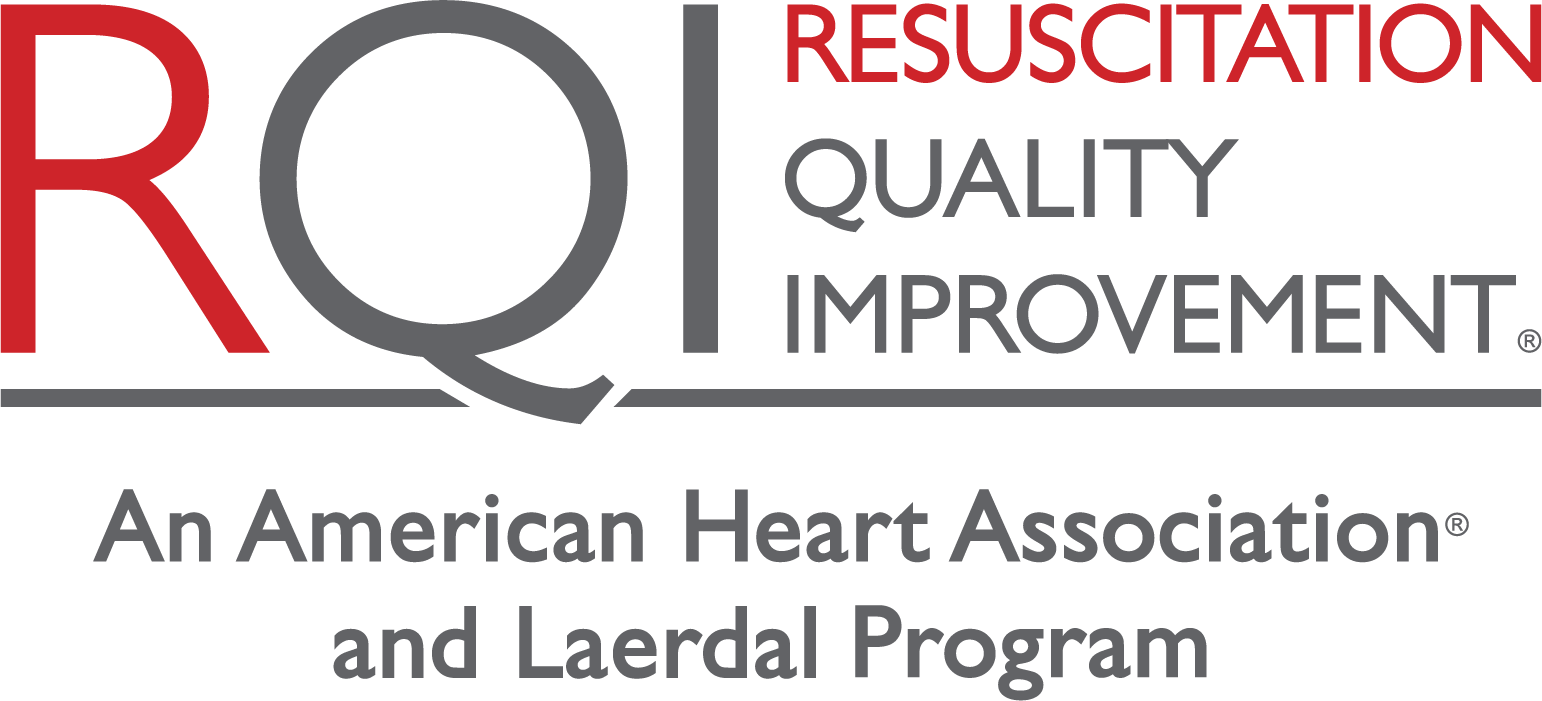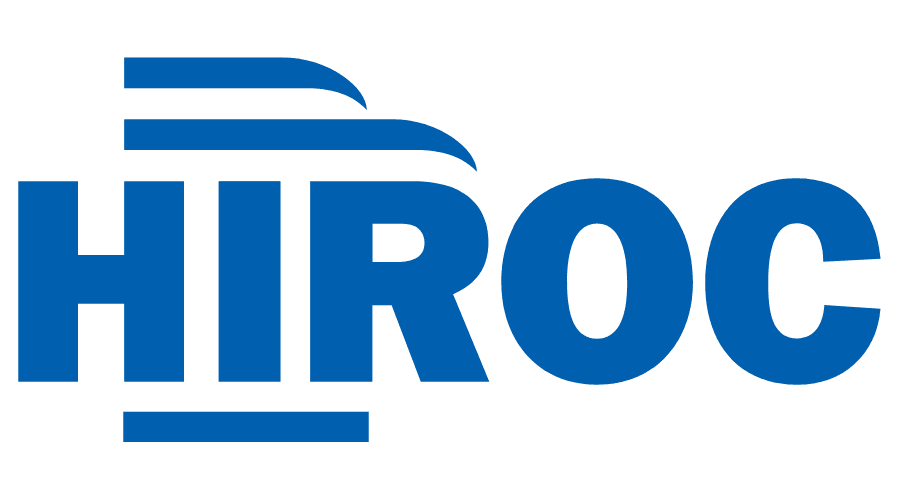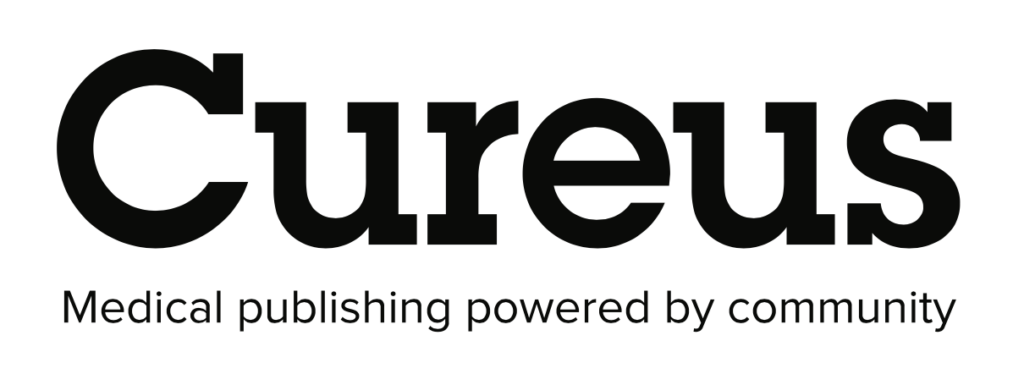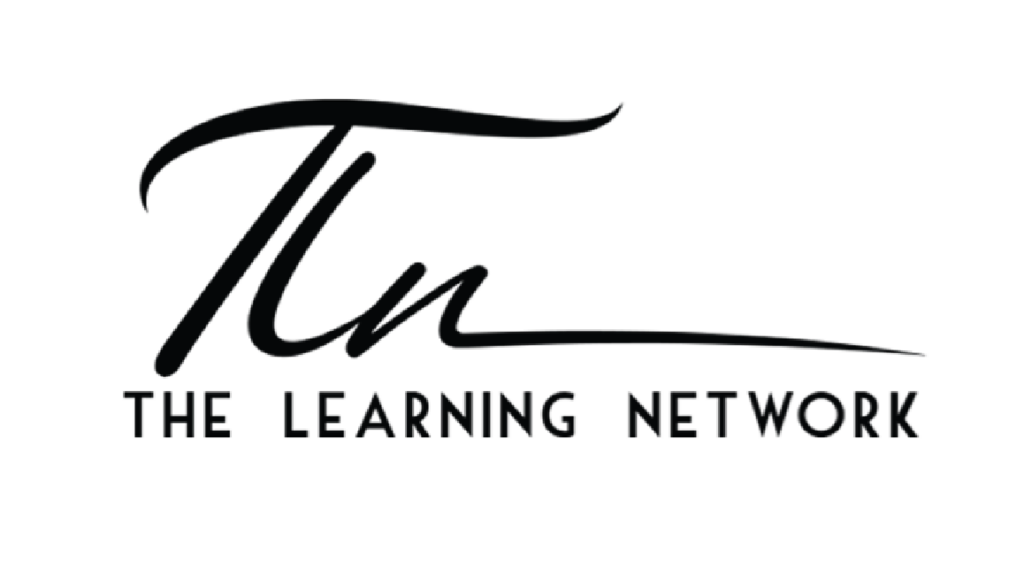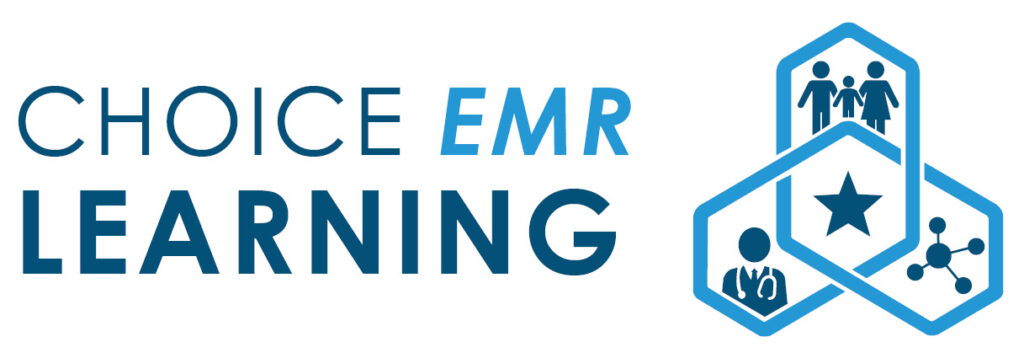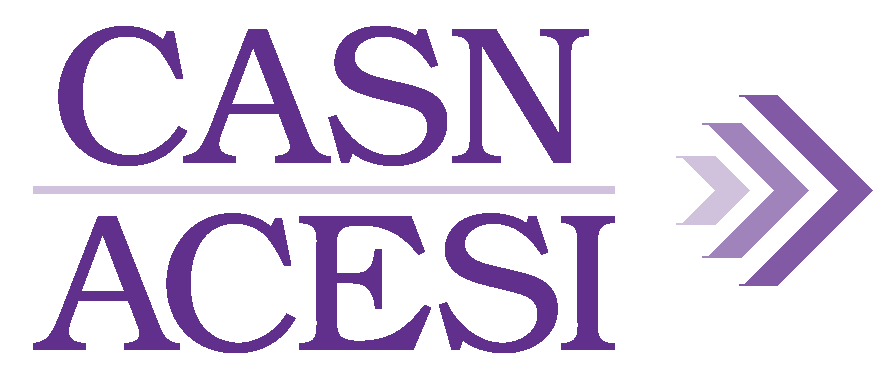
The 2023 SIM Expo was held on December 11 & 12, 2023, in Ottawa, Ontario. We welcome over 300 attendees over the 2 day conference!
Theme: The Rise of Simulation
Marking the 10th anniversary of SIM Expo, we looked back at our progress and ahead to the importance of simulation to build a sustainable, equitable healthcare ecosystem.
Highlights
- Keynote Speakers – Day 1 & 2: Keynote Details >
- SIM Awards: See the 2023 nominees and recipients! Awards Details >
- Digital Program: Download the official program >
- The 2023 SIM Expo welcomed over 300 attendees in Ottawa! View our conference recap in photos below!

Thank you to our Keynote Speakers: Jason Harley, Ivy Lynn Bourgeault, Ahmed Muslimani, Lyn Sonnenberg and Jerry Maniate.

Our 2023 SIM Expo 2-day programming included SIM Awards, 90-min workshop sessions, poster and research presentations, and demo showcases. View the official program.

Our sim community were joined also by our industry supporters, sponsors and exhibitors.
Who attended the 2023 SIM Expo?
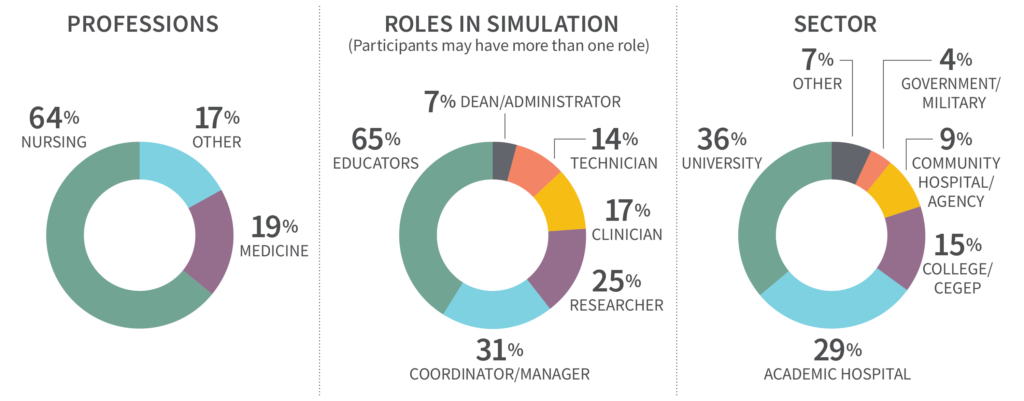

Thank you to all who were able to join us! We look forward to seeing you at the 2024 SIM Expo.
Keynote Speakers
Day 1
Harnessing the Power and Potential of Simulation to Help Address Healthcare and Healthcare Education Crises

Jason Harley, PhD (they/them)
Associate Professor, Department of Surgery
Director, Simulation, Affect, Innovation, Learning, and Surgery (SAILS) Lab
Director of Research, Steinberg Centre for Simulation and Interactive Learning
McGill University | Faculty of Medicine and Health Sciences
Presentation Details
Prof. Harley will provide an overview of existing strengths and areas for further improvement in healthcare simulation education research. They will describe ongoing research they and their research lab and collaborators are conducting at McGill to help illustrate both challenges and opportunities to tackle crises in healthcare and healthcare education. Research examples will include Social Sciences and Humanities Research Council of Canada-funded studies with virtual simulation technologies and anti-harassment simulation training. The talk will conclude with future directions for simulation education research, including common research priorities amongst Canadian simulation centres from a national survey Prof. Harley and their team recently published.
Attendees will be able to:
- Understand how simulation can be used to help combat contemporary crises as well as criteria for it to fulfill this potential
- Identify strengths and weakness of healthcare simulation education research
- Describe opportunities and approaches to advance healthcare simulation education research
Professor Jason M. Harley, PhD, is a tenured Associate Professor in the Department of Surgery, Faculty of Medicine and Health Sciences at McGill University and a Scientist at the Research Institute of the McGill University Health Centre (RI-MUHC). They are also the Director of Research at the Steinberg Centre for Simulation and Interactive Learning, Director of the Simulation, Affect, Innovation, Learning, and Surgery (SAILS) Lab, and an Associate Member of the Institute for Health Sciences Education (IHSE).
Prof. Harley completed their FRQSC and SSHRC CGS-funded Ph.D. in Educational Psychology at McGill University in 2014. They held an FRQSC-funded postdoctoral position in the Department of Computer Science at the University of Montréal from 2014-2015 before joining the Department of Educational Psychology at the University of Alberta as an Assistant Professor of Educational Psychology and Technology (tenure-track) from 2016-2019.
In 2018, they won the Outstanding Early Career Researcher Award sponsored by the Technology, Instruction, Cognition, and Learning (TICL) SIG of the American Educational Research Association (AERA).
The overarching goal of Prof. Harley’s research program is to support the current and future well-being and clinical performance of healthcare trainees through innovative educational interventions, leveraging interactive simulations and emerging technologies. Their research has attracted over 1 million dollars of funding (as PI) from the Social Sciences and Humanities Research Council of Canada, The Killam Foundation, Mitacs, the McGill Interdisciplinary Initiative in Infection and Immunity, and others Their research has led to dozens of broadcast and print interviews in venues such as The Guardian, CBC News, The Globe and Mail, Global News, CTV News and the Montreal Gazette.
Day 2
Simulating for What Future? Perspectives from Patients, Technology, and the Healthcare System: A Panel Discussion
System
Perspective

Ivy Lynn Bourgeault, PhD, FCAHS (she/her/elle)
University of Ottawa;
Canadian Health Workforce Network
Patient
Perspective

Ahmed Muslimani (they/them)
MAX Ottawa
Technology
Perspective
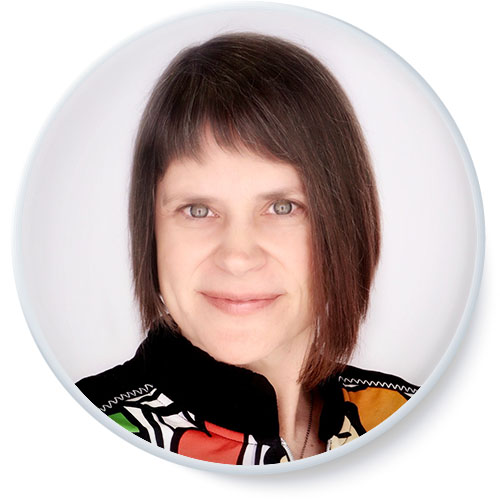
Lyn K. Sonnenberg, MSc, MD, MEd, EMBA, FRCPC (she/her/elle)
University of Alberta; Glenrose Rehabilitation Hospital
Panel Facilitator

Jerry M. Maniate, MD, MEd, FRCPC, FACP, CCPE, CPC(HC), EMBA(C) (he/his)
University of Ottawa;
Equity in Health Systems (EqHS) Lab
Panel Details
Simulationists are innovative educators, charged with preparing today’s students with the skills they will need for tomorrow’s healthcare milieu. Change seems to be accelerating in recent years, particularly driven by the stress the pandemic placed on our healthcare system and providers.
In this panel, we explore three unique drivers of change: First, the patient perspective, with increasing expectations of safe, effective, inclusive, and trauma-informed care. Second, emerging technologies that are poised to disrupt many long-established work processes. And, third, the need for healthcare system reform to ensure its accessibility and sustainability.
SIM Expo registrants will be invited to submit questions for this panel ahead of time, to help guide the discussion.
Ivy Lynn Bourgeault, PhD, FCAHS (she/her/elle)
Dr. Bourgeault is a Professor in the School of Sociological and Anthropological Studies at the University of Ottawa and the University Research Chair in Gender, Diversity and the Professions. She leads the Canadian Health Workforce Network, the Empowering Women Leaders in Health initiative and co-leads the Team Primary Care: Training for Transformation project. Dr. Bourgeault has garnered an international reputation for her research on the health workforce, particularly from a gender lens.
Ahmed Muslimani (they/them)
Director of Community Programs, MAX Ottawa
Ahmed began their career in community work nearly 12 years ago after arriving in Canada as a refugee claimant. Their work focused largely on newcomers and queer communities, anti-oppression, and sexual health education. Since joining the MAX Ottawa team 3 years ago, they have become very invested in addressing the vast disparities that 2SLGBTQ+ communities face in accessing holistic healthcare.
Lyn K. Sonnenberg, HonBSc, MSc, MD, MEd, EMBA, FRCPC (she/her/elle)
An experienced clinical and academic leader with advanced skills in interprofessional collaboration, technology, and equity, diversity, and inclusivity, Dr. Lyn Sonnenberg is a Professor Emerita in the Faculty of Medicine and Dentistry at the University of Alberta. Her former roles include Associate Dean, Educational Innovation & Academic Technologies, Vice President of the Medical Council of Canada (MCC), Inaugural Director, Learning Transformation at the Royal College of Physicians and Surgeons of Canada, and Provincial Physician Lead for the Clinical Information System, EPIC, for Alberta Health Services. She works clinically as a Neurodevelopmental Pediatrician at the Glenrose Rehabilitation Hospital in Edmonton, Alberta. Recognized nationally and internationally for her teaching excellence, Dr. Sonnenberg will bring her experience to help us anticipate the future of technology in healthcare.
Jerry Maniate, MD, MEd, FRCPC, FACP, CCPE, CPC(HC), EMBA(C) (he/his/him)
Dr. Jerry Maniate and his family, including 2 young girls, have resided in Ottawa, which is the unceded and traditional lands of the Algonquin people. He is a clinician-educator at The Ottawa Hospital, an Associate Professor at the University of Ottawa, a researcher at the Bruyère Research Institute, and has served as a senior leader in several health and educational organizations and committees. In September 2021, Dr. Maniate founded the Equity in Health Systems Lab (www.eqhslab.com), an international transdisciplinary team of researchers, health care professionals, educators, policymakers, learners, and patients who are seeking to make an impact on our community and health system with the work they are engaged with through a unique approach. His academic work and that of the EqHS Lab has been focused on understanding and addressing inequities, racism, and injustice in our health systems through collaborative partnerships using a scholarly lens.





